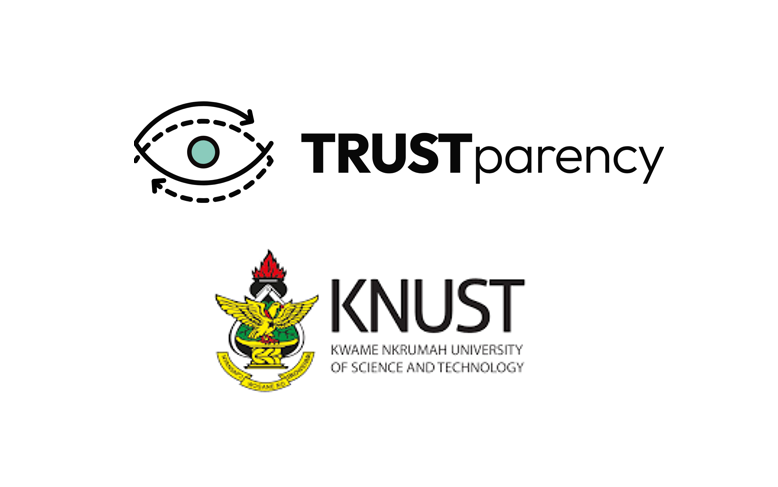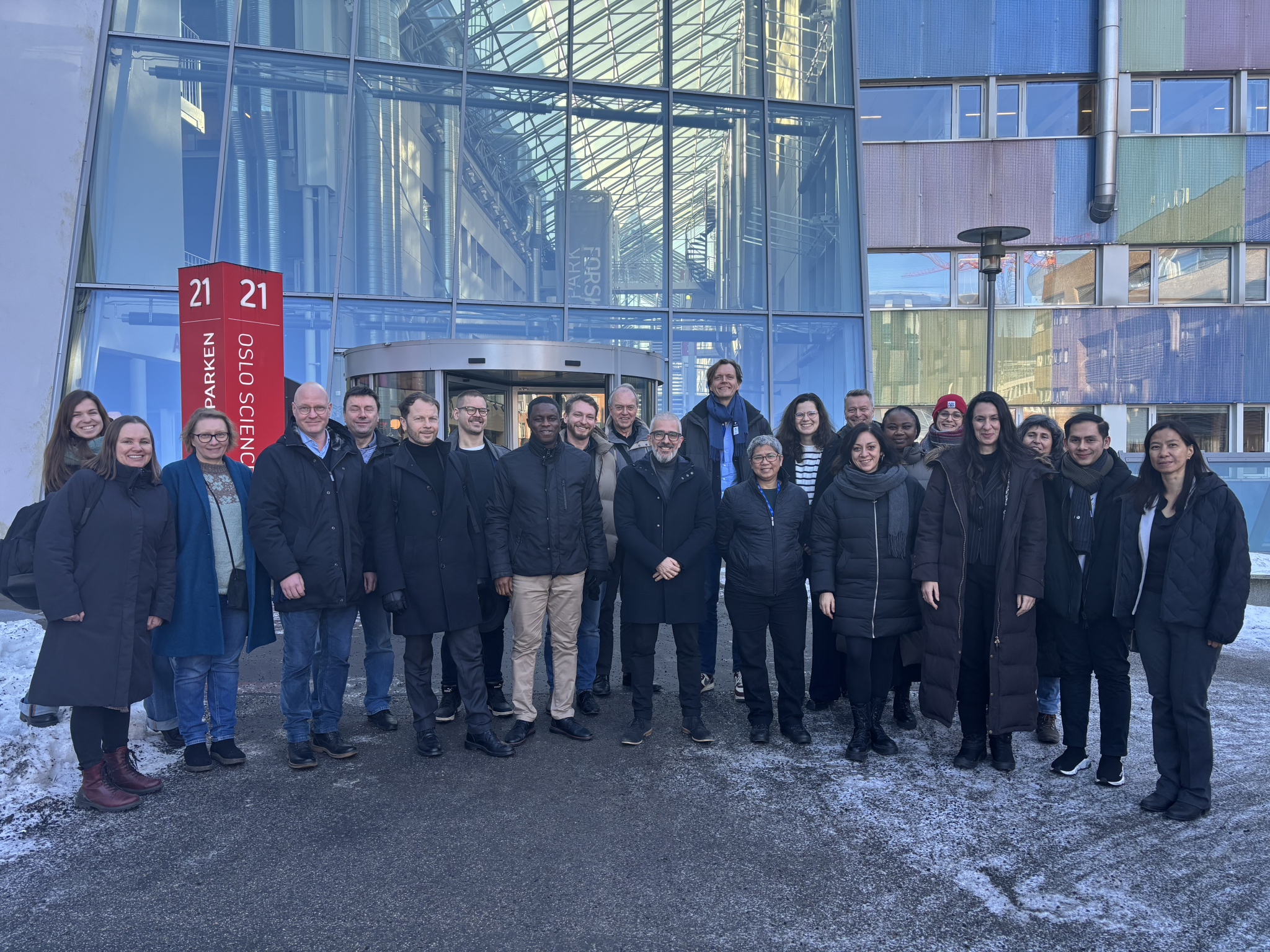African University Joins EU-Funded Project On Reproducibility Through AREN
In a significant stride toward embedding reproducibility into African research ecosystems, the African Reproducibility Network (AREN) facilitated the onboarding of the Kwame Nkrumah University of Science and Technology (KNUST), Ghana, as a pilot institution into the TRUSTparency project, a project funded by the European Union (EU) that seeks to build reproducibility on transparency, collaboration, democracy, and a context-sensitive framework.
Over the next three years, the project will work with universities, funders, publishers, and policymakers to increase reproducibility by co-developing practical interventions that support a transparent and trustworthy research ecosystem. These interventions will be tested through pilot programs at institutions such as KNUST, refined through feedback, and scaled into widely usable guidelines, training resources, and policy frameworks. Rather than imposing a one-size-fits-all approach, TRUSTparency emphasises collaboration, diversity, and context, ensuring that reproducibility practices are adapted to local realities while contributing to a stronger global research ecosystem.
Many universities across the continent lack access to international platforms where standards and practices are being shaped. The African Reproducibility Network (AREN) is committed to bridging these gaps by creating pathways for African universities and research institutions to connect with multi-stakeholder international initiatives like TRUSTparency, ensuring that reforms in research transparency and reproducibility are informed by perspectives from the Global South. Following initial discussions between AREN and the TRUSTparency leadership, Prof. Rosemarie de la Cruz Bernabe (Project Coordinator) and Panagiotis Kavouras (Scientific Coordinator), AREN’s Executive Director, Emmanuel Boakye, facilitated the identification and onboarding of the Kwame Nkrumah University of Science and Technology (KNUST) as a pilot institution through close engagement with Prof. Philip Antwi-Agyei, Director of the KNUST Office of Grants and Research. Being a pilot institution will ensure KNUST researchers gain access to international expertise, training materials, and reproducibility frameworks that can be adapted to their own institutional context. At the same time, the experiences, challenges, and innovations emerging from KNUST will feed back into the global consortium, ensuring that African realities help shape the interventions and policies that the project will eventually recommend. In this way, the partnership is inclusive, reciprocal and mutually beneficial.
The TRUSTparency project officially began with its kick-off meeting on February 17–18, 2025, in Oslo, Norway, bringing together consortium partners, members of the Stakeholder Advisory Board, and the European Commission Project Officer. The meeting marked the start of a three-year collaborative journey to co-create interventions, pilot innovative approaches, and establish sustainable good practices that strengthen transparency, trust, and reproducibility across the global research ecosystem. The significance of this collaboration extends well beyond KNUST. For the wider African research community, KNUST’s involvement demonstrates that African universities can and should be part of high-level international projects that influence how science is practised worldwide. It shows how local institutions, when supported and connected, can take their place in shaping the future of research practice, and provides a model for how other institutions might engage with similar initiatives.
It also sends a clear message that Africa has a vital role to play in the global movement for open and reproducible science. As reproducibility increasingly becomes a shared responsibility among various stakeholders towards a more reliable and impactful research ecosystem, AREN’s collaboration with TRUSTparency and KNUST is an important step toward that vision.


